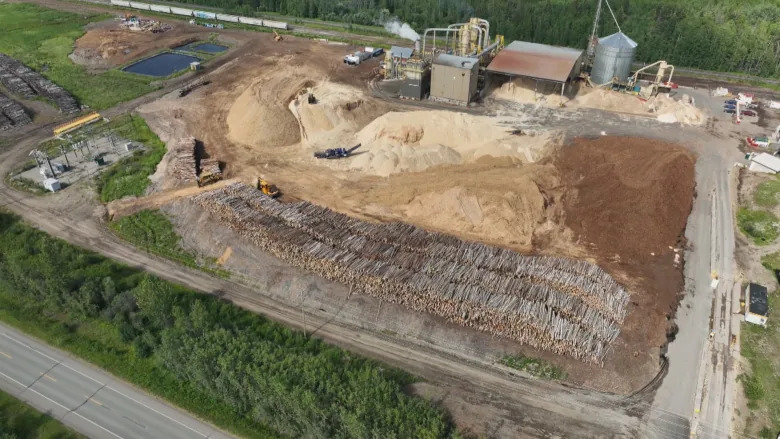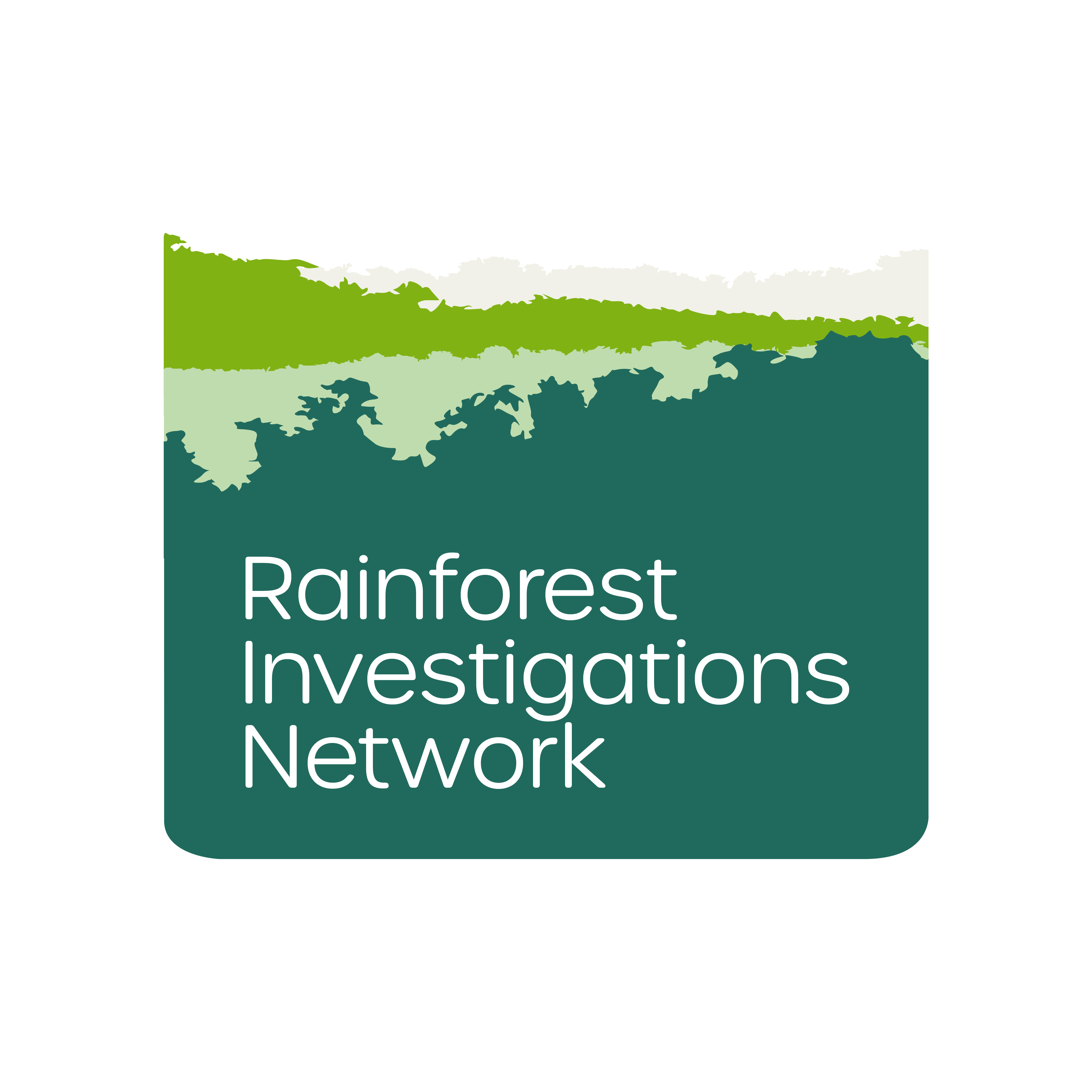Pulitzer Center Update November 9, 2022
CBC Teams Up With RIN To Uncover Subsidized Pellet Company Is Cutting Old Forest
Country:

The wood pellet company Drax has been receiving environmental subsidies from the United Kingdom for using wood waste to fuel a power plant. However, the company is actually cutting down virgin forest and leaving wood waste to rot, according to an investigation Rainforest Investigations Network partner the CBC’s Fifth Estate published in October.
"We need to see it for what it is: It is a money-making machine for a few people based on subsidies in the U.K. at the expense of British Columbia," Bob Simpson, the mayor of a forestry sector town in British Columbia, told CBC.
Using wood waste like chips, sawdust, shavings and branches, turning that into pellets, and burning those to provide electricity for U.K. households: That is how British company Drax has been advertising its shift from coal to wood. The company says that using wood is renewable because trees cut in British Columbia grow back, while fossil fuels do not.
"Michelle Connolly, a Canadian forest ecologist, took us deep into the Inland Temperate Rainforest near Prince George, British Columbia, Canada,” Fifth Estate producer Lynette Fortune told the Pulitzer Center. “She says there is only 20 percent of this rare ecosystem left, and says her biggest fear is that the pellet industry could be a vacuum for the remaining primary forests.”
“One scientist said British Columbia ‘is on the verge of losing these forests, on the verge of complete destruction,’” Fortune added.
Drax has received millions of taxpayer pounds from the U.K. and is lauded by British Columbia’s Premier John Horgan. Their projects in the Canadian province also received support from Diane Nicholls, who was the province’s head of forestry until Spring, when she left her position to become a vice president at Drax North America.
Critics say that the industry is not sustainable at all. Forests take centuries to regenerate and burning wood creates more emissions than burning coal. Moreover, its close relationship with the government is problematic.
“The provincial government has played a role in promoting the wood pellet industry abroad, and issued logging licenses to wood pellet companies,” Fortune said.
Standing on top of a mountain whose flanks have been completely cleared of its trees, CBC found immense heaps of branches, trunks and other so-called wood waste left behind. The site is one of Drax’s sources of origins for its “green” energy source.
Two of the producers behind the Fifth Estate, Harvey Cashore and Lynette Fortune, joined RIN in 2022. While RIN is focused on rainforests, the methodologies of tracking deforestation and uncovering the international supply chains behind it are just as applicable in the North.
"British Columbia promotes itself as a strong steward of the forests. Yet, we found similarities in the political and economic forces driving deforestation and forest degradation in RIN regions and parts of Canada,” Fortune said.
To better visualize the environmental damages on British Columbia's pristine forest, Fortune worked with RIN Data Editor Kuang Keng Kuek Ser to identify locations of clearcut logging through Planet Labs' satellite imagery platform.
"Working with Keng and the RIN helped me think of the best ways to utilize satellite programs in our documentary,” Fortune said. “It showed viewers the extent of logging in parts of British Columbia. These images were powerful and helped tell our story.”
Earthrise Media, an RIN data partner, provided the team with high resolution satellite images that were featured in the documentary.
"We used historical deforestation data from the Global Forest Watch database to identify locations in British Columbia that have lost a huge amount of forest since 2000,” Keng explained.
“Then we looked at satellite images of those locations on both Google Earth and Planet Labs to check if the forest loss was due to clearcut logging. This was also corroborated by on-the-ground reporting," he added.




